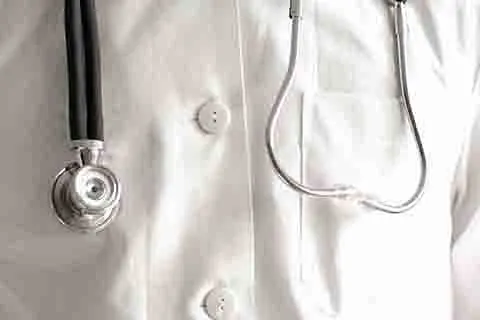Last year, 42-year old Shaista Jabeen (name changed), had a plate implanted to fix her broken wrist, at a hospital here. She, according to her family, had been charged for “high quality titanium plate”, for which they had to dole out extra money. However, a year later, due to complications, when the plate was removed, it was found to be of a “cheap and inferior quality”.
Since there is no mechanism to check quality of implants,Jabeen’s family was left helpless taking the “fraud” as destiny.
Jabeen’s is not the lone case. Many doctors working inhospitals across Kashmir express concern over lack of quality control inmedical devices and implants.
If a patient buys a screw for fixing bone, there is no wayhe can find out whether the quality is worth the price he has paid, said asenior doctor at Bone and Joint Hospital.
He said there were “substandard and exorbitantly priced”medical devices and implants being sold in the market and there was nomechanism in place to address the issue.
“Lack of price and quality checks for medical devices andimplants are subjecting patients in Kashmir to health risks in addition toburning a hole in their pockets,” he said.
Another doctor working in SKIMS Medical College Hospitalsaid that quite often the implants were found to be faulty and many patientsended up with lifelong complications. “However, there is no mechanism in placeto report such incidences,” he said.
While medicines, drugs and consumables, such as bandages andsyringes come under purview of Drugs and Cosmetics Act 1940, there was no suchregulation in place for implants and medical devices.
The government of India has been mulling to bringimplantable medical devices under purview of Drugs and Cosmetics Act. However,the move is expected to take over a year.
A doctor in health department said patients were “fleeced”with exorbitantly priced medical implants, quality of which was also”questionable”.
Recently, a report, International Consortium ofInvestigative Journalists (ICIJ) highlighted that India’s medical deviceindustry found the country’s regulatory system so poor that it “effectively,doesn’t exist.”
Commissioner/secretary health and medical educationdepartment, Atal Dulloo said that government had “plans to address this issueand a number of steps are being taken to bring about quality and price controlin the medical device market”.
“We are opening AMRIT stores which will ensure that onlybest quality products are available to the patients at affordable prices,” hesaid. He said that efforts were on to open such stores in every big hospitalimmediately.






